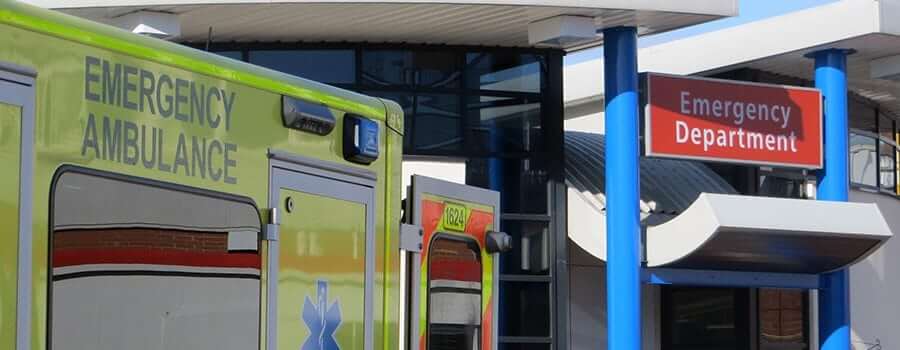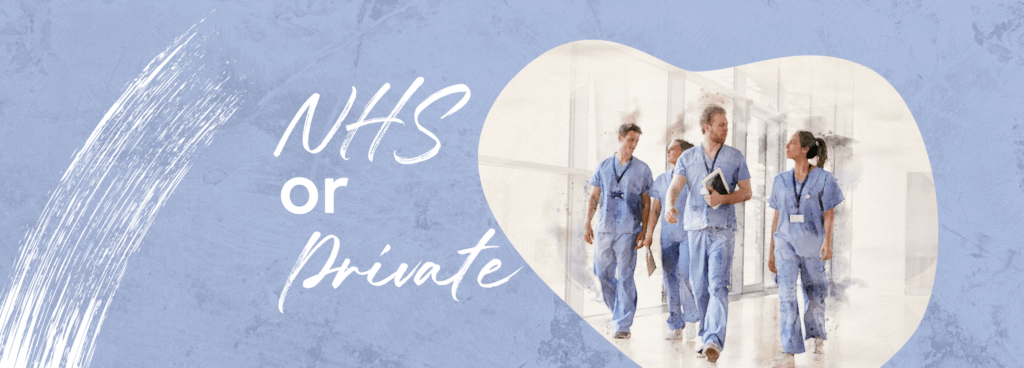Last night on ITV, the Tonight programme dedicated their weekly show to uncovering the “truth behind the NHS winter crisis”, widely acknowledged as the worst in recent history.
As the situation escalates to alarming levels across the UK, ambulances and emergency departments are under intensive pressure and non-essential surgery have been cancelled.
The show followed distressed 95 year old Robert Craig, who had suffered a bad fall and was unable to move, wait six and a half hours after the initial call for an ambulance to arrive. Nigel Craig, Robert’s son, called 111 in distress after his father’s case wasn’t listed as high priority. Speaking to Tonight, Nigel Craig was quick to not point blame at the NHS and certainly not put fault on the paramedics or ambulance crews.
During the winter months, patients, family members and staff of the hospitals were increasingly unsatisfied by the handling of the NHS winter crisis, with many of the general public taking to social media to outline their frustrations.
As with most topical shows, Twitter was once again rife with opinion, which ranged from emphasising with the immense pressure NHS staff constantly work under, to agreeing with integrating hospital and social care closer together, to putting direct blame on Jeremy Hunt – Twitter had it all.
One of the most startling statistics to come from Tonight included the drastic decrease in hospital beds over the past 30 years, from 300,000 to 142,000 in 2017. The lack of beds is a key factor into why patients were forced to spend long periods waiting in ambulances or were delayed moving to wards to receive specialist treatment. Senior clinicians have warned the “high bed occupancy rates and a shortage of acute beds in the NHS could potentially lead to premature deaths”.
Presenter Fiona Foster, emphasised “one of the key reasons the NHS is so stretched is because as a nation we’re getting older and the older we get, the more medical care we need.” A theme throughout the show highlighted the growing consensus of NHS staff believe working more closely alongside the social care sector and community services, to decrease pressures within A&E departments. A scheme already proving successful in Northumbria.
In summary what did the show highlight? Whilst the government may have promised £6 billion to the NHS in the last budget, it is evident doctors, nurses, GPs, paramedics, midwives, health professionals and all NHS staff are at the forefront of continuing to work daily under extreme and intense pressures. They do everything they can to support and sustain an underfunded national health service. And for that, we thank them wholeheartedly.
Do you work in the NHS and have witnessed first-hand the winter crisis? Did you watch the Tonight special and find they portrayed a true representation of the winter pressures? Get in touch to let us know.
E: marketing@athona.com
T: 01277 217777



